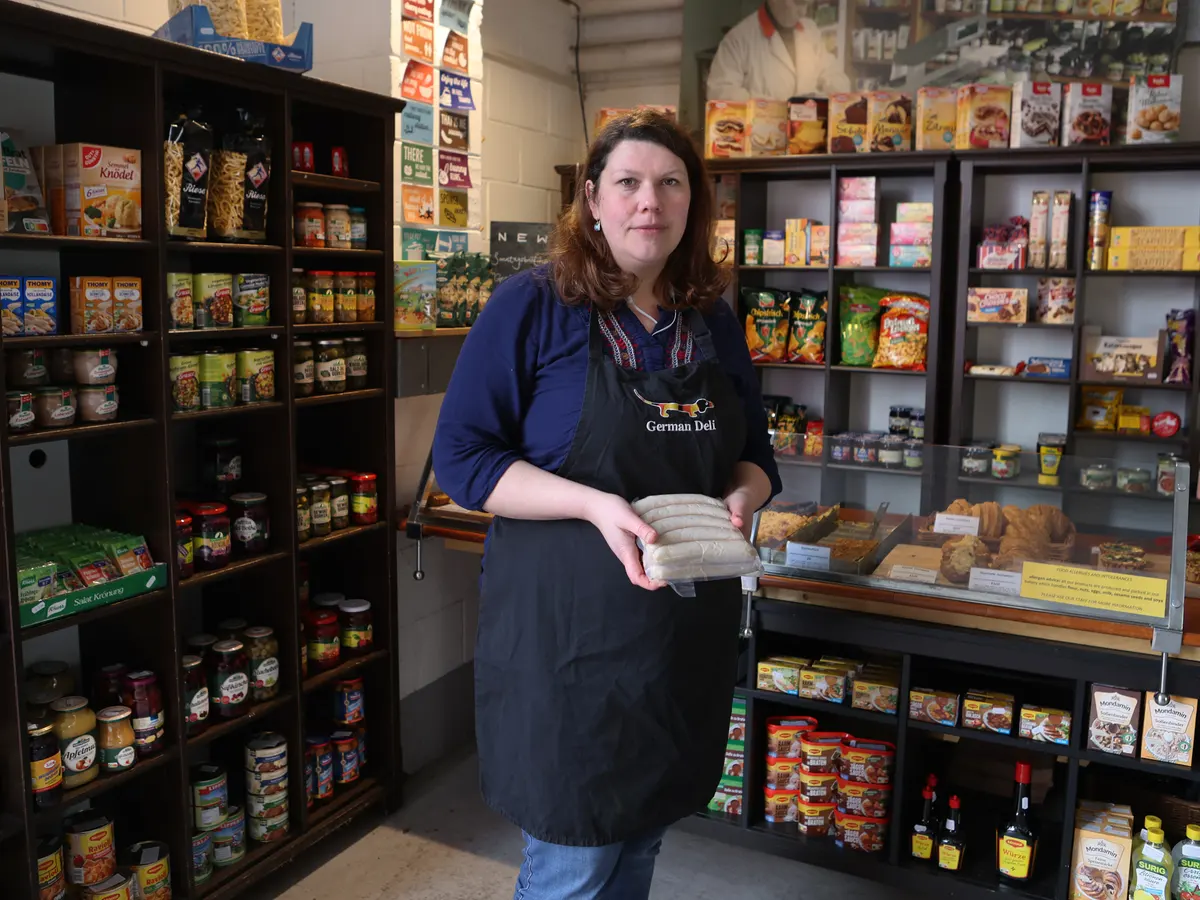Panzer’s delicatessen, nestled in northwest London, has weathered a significant blow since Britain’s departure from the European Union’s single market in 2021. Owner David Josephs laments the loss of 37 suppliers from the EU and anticipates further fallout as the UK implements new border checks this month.
While Britain’s decision to leave the EU was made in 2016, the complexities of disentangling supply chains and establishing customs borders have only recently culminated in the introduction of new regulations this year.
Since January 31, EU exporters of chilled and frozen goods, including meat, fish, cheese, dairy products, and certain flowers, have been required to furnish health certificates endorsed by veterinarians or plant inspectors. These stringent requirements, decried by smaller British retailers and wholesalers, have led to significant delays in the arrival of goods, hampering the timely delivery of fine artisan foods such as charcuterie, cheese, pasta, and olive oil.
Patricia Michelson, proprietor of La Fromagerie, echoes Josephs’ concerns, highlighting the increasing reluctance of small independent producers to navigate the bureaucratic hurdles associated with post-Brexit trade. The impending introduction of physical checks, coupled with heightened charges effective April 30, threatens to further curtail the variety and freshness of European delicacies, potentially driving prices upward.
John Farrand, managing director of the Guild of Fine Food, warns that these challenges could erode the diversity of Britain’s culinary landscape, disproportionately impacting smaller producers and retailers. He anticipates a scenario where only major processors and retailers can navigate the bureaucratic maze, leading to a reduction in choice and quality.
Despite government assertions that the new checks will safeguard against the introduction of diseases and pests, concerns persist among delicatessen owners like Josephs, who foresee disruptions in the supply chain. The additional costs and bureaucratic hurdles imposed by Brexit have already taken a toll on businesses, with some suppliers questioning the economic viability of continuing trade with the UK.
Nick Carlucci, sales director of Tenuta Marmorelle, recounts how the January changes increased costs and extended lead times for goods imported from Italy. The impending introduction of additional fees and charges threatens to further erode profit margins, compelling businesses to reassess their operations in the post-Brexit landscape.



